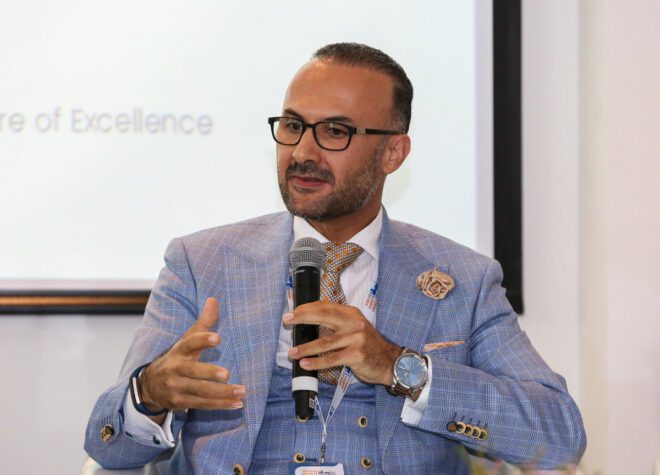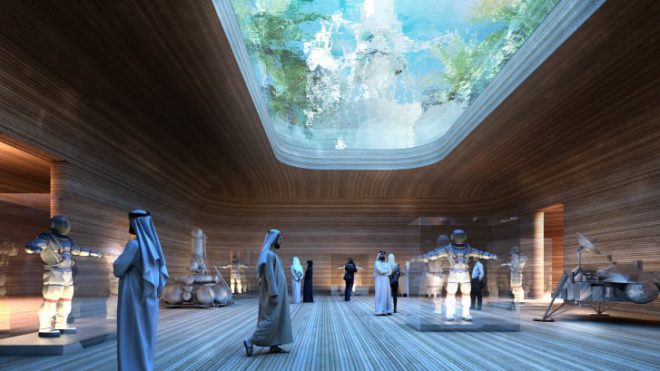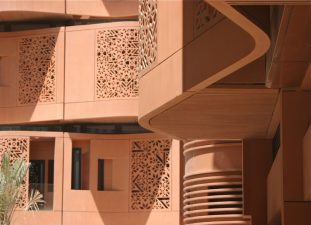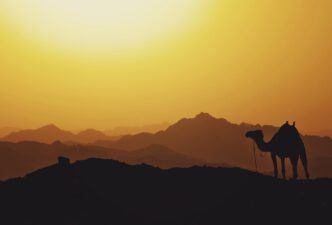Just around the beginning of Covid something remarkable happened. After years of cold shoulders, the Arabian Emirati nations which make up the United Arab Emirates declared peace and friendship with Israel. It was a first from the Arab world to thaw out decades of boycotts and sanctions. While Israel has official peace with Jordan and Egypt, nothing could have prepared Israel for the open arms it received from Dubai.
The United Arab Emirates and Israel share ambitions in renewable energy and both face extreme water shortages. Some of the early partnerships in business and cooperation will be in these areas. Just recently Masdar, the net zero energy city that really has yet to take off, announced it will work with Israel on desalination technology.
Desalination is mainly constrained by filters and the amount of energy needed to create the end product. Out of necessity Israel has developed an industry out of filter technology and renewable energy.
“I can tell you that Masdar is already active in Israel and we are exploring opportunities to help Israel reach very ambitious targets,” said Mohammad El Ramahi, director of asset management and technical services for Masdar’s clean energy division in the United Arab Emirates. He was speaking at a panel discussion with Israeli and US energy executives at the US Pavilion at Expo 2020 Dubai.

He explained how Israel and Jordan, which have an official peace treaty, but luke warm relations, want to use renewables in their energy mixes to 30 per cent by 2030.
“That is 15 gigawatts, which opens a great horizon for developers like Masdar to compete … against price and against value creation for the best welfare of the Israeli people and also create opportunities,” said El Ramahi.
Following the announcement the UAE, Jordan and Israel signed an agreement to develop a renewable energy and desalination plant in Jordan to slow climate change and add to the growth of clean energy in the country.
According to The National, the partners plan to build solar photovoltaic plants that can generate 600 megawatts of electricity in Jordan. The electricity will be exported to Israel, which will supply 200 million cubic metres of water from a new desalination project.
Feasibility studies for the project will begin in 2022.
The UAE became the first country in the Arab world to pledge to reach net zero emissions by 2050. Israel also pledged to become carbon neutral by the same year. Saudi Arabia pledged to be carbon neutral by 2060. All promises are at least 30 years away which seems too late.

Watery skylight in Mars Science City
But there is hope for peace perhaps: “The Abraham Accord not only opens horizons for [the] UAE and Israel, but also for US companies and for Jordanian companies to collaborate and explore opportunities in the spectrum of not just in renewable energy but also in sustainable water desalination,” said Mr El Ramahi.
Masdar not only built a model city in the United Arab Emirates, it’s also an energy company. They are an early developer of renewables in Jordan and their first overseas investment in a Jordanian wind farm in 2013. It also developed Baynouna, a 200MW single solar energy project located east of the capital Amman, which became operational in 2020.



